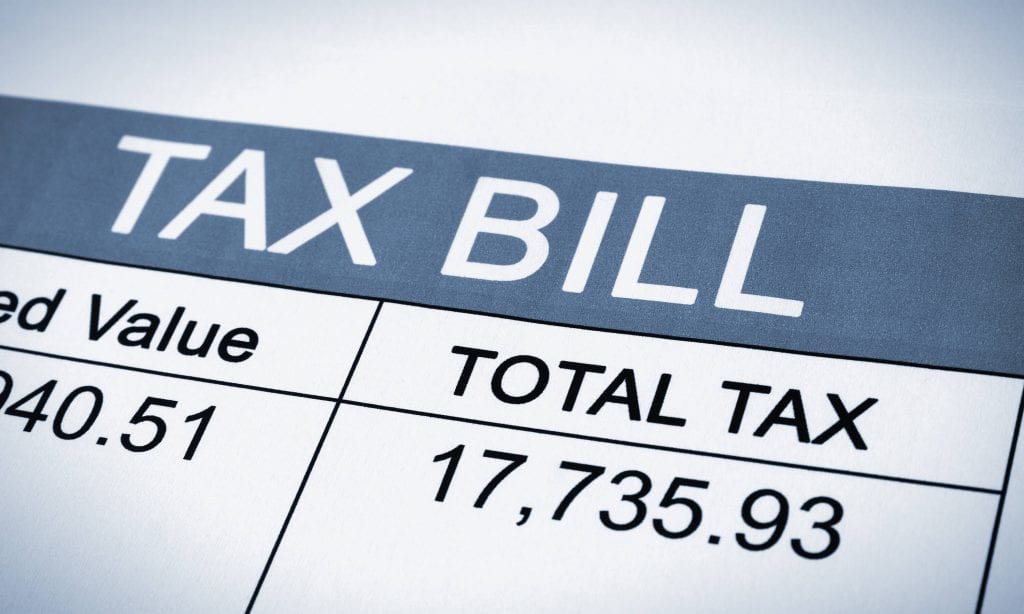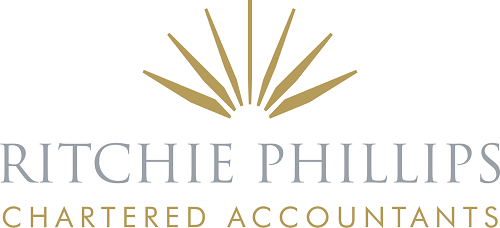It may feel like a long time ago, but on Wednesday 11 March 2020, the Chancellor Rishi Sunak presented his first Budget. Indeed, it was the first Budget of this new government and was presented confidently by a Chancellor who had only been in office for a month.
In his speech he stated “We are at the beginning of a new era in this country. We have the freedom and the resources to decide our own future”, an obvious reference to “Getting Brexit Done”.
Much has changed both economically and socially in the weeks that have passed since and it would be easy to forget the detail and importance of the measures that the Budget outlined. Therefore, over the course of the next few weeks, we will posting a series of Insights focusing on the tax measures which the Budget contained and which may affect you, your family and your business. We start this series, with a look at the provisions in respect of income tax.

Income Tax
The importance of understanding the tax allowances, bands and rates is to optimise your marginal rate of income tax so that your income does not unnecessarily fall into a higher rate of income tax.
It is worth noting that the key ways to optimise your marginal rate of income tax are to:
- accelerate or defer income
- reallocate income
- make pension contributions
- pay donations under Gift Aid.
The personal allowance
The personal allowance is currently £12,500. As previously announced, the allowance will remain at the same level in 2020/21 and then increase by the Consumer Price Index.
Tax bands and rates
The basic rate of tax is 20%. In 2019/20 and 2020/21 the band of income taxable at this rate is £37,500 so that the threshold at which the 40% band applies is £50,000 for those who are entitled to the full personal allowance.
Individuals pay tax at 45% on their income over £150,000.
Effective 60% tax rate
There is an effective 60% tax rate for those with income over £100,000. The personal allowance is reduced by £1 for every £2 of income above £100,000 so that for the current and next tax year there is no personal allowance where your income exceeds £125,000.

Tax on savings income
Savings income is income such as bank and building society interest.
The Savings Allowance applies to savings income and the available allowance in a tax year depends on the individual’s marginal rate of income tax. Broadly, individuals taxed at up to the basic rate of tax have an allowance of £1,000. For higher rate taxpayers the allowance is £500. This allowance is not available to additional rate taxpayers.
Some individuals qualify for a 0% starting rate of tax on savings income up to £5,000. However, the rate is not available if taxable non-savings income (broadly earnings, pensions, trading profits and property income less allocated allowances and reliefs) exceeds £5,000.
Tax on dividends
The first £2,000 of dividends is chargeable to tax at 0% (the Dividend Allowance). Dividends received above the allowance are taxed at the following rates:
- 7.5% for basic rate taxpayers
- 32.5% for higher rate taxpayers
- 38.1% for additional rate taxpayers.
Dividends within the allowance still count towards an individual’s basic or higher rate band and so may affect the rate of tax paid on dividends above the Dividend Allowance.
To determine which tax band dividends fall into, dividends are treated as the last type of income to be taxed.
High Income Child Benefit Charge (HICBC)
The HICBC affects working parents. If one parent earns more than £50,000 per annum, then they lose 1% of the benefit for every £100 earned such that with £60,000 of income, the benefit is entirely gone.
In the case of a couple where one parent earns £60,000 and another earns £5,000, they would get no child benefit. In contrast, two parents earning £49,000 each in a year, or £98,000 in total, would get the full benefit.
Covid 19
Please note, that as a result of the Covid 19 pandemic, provisions have been made to allow for automatic deferral of tax payments to HMRC and you can find out more about this at
Please contact us here at Ritchie Phillips for more information.
